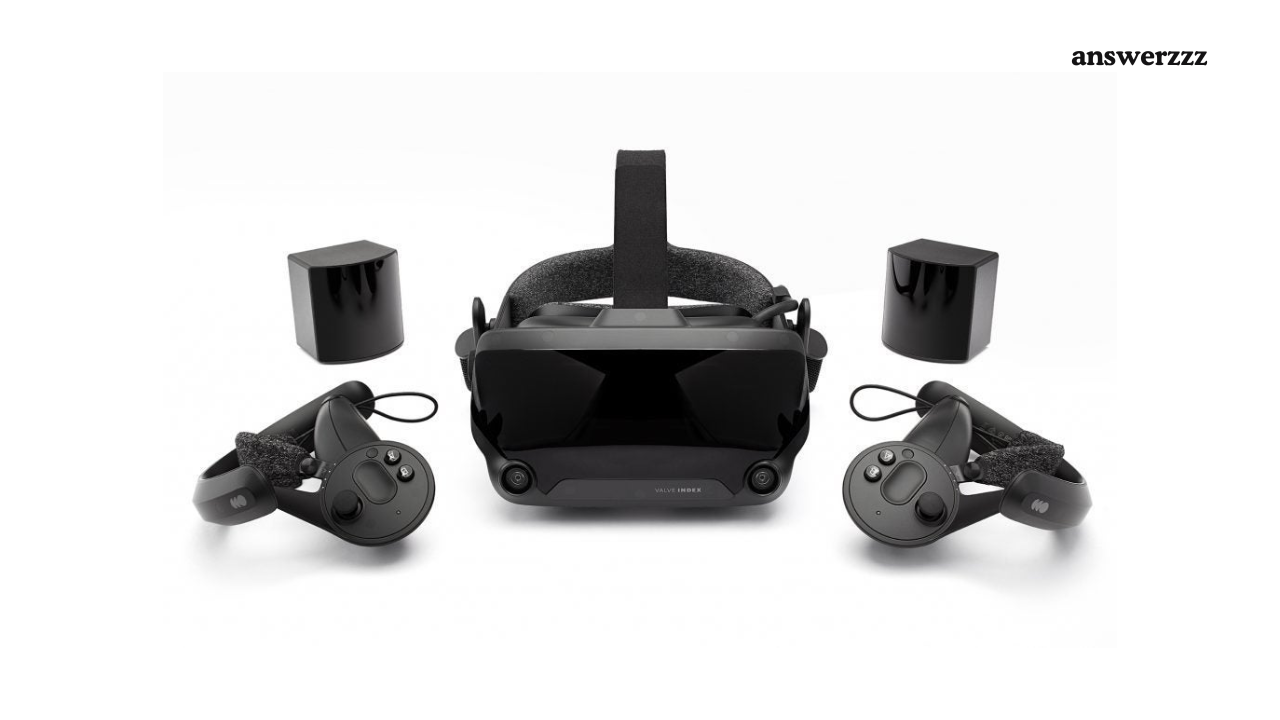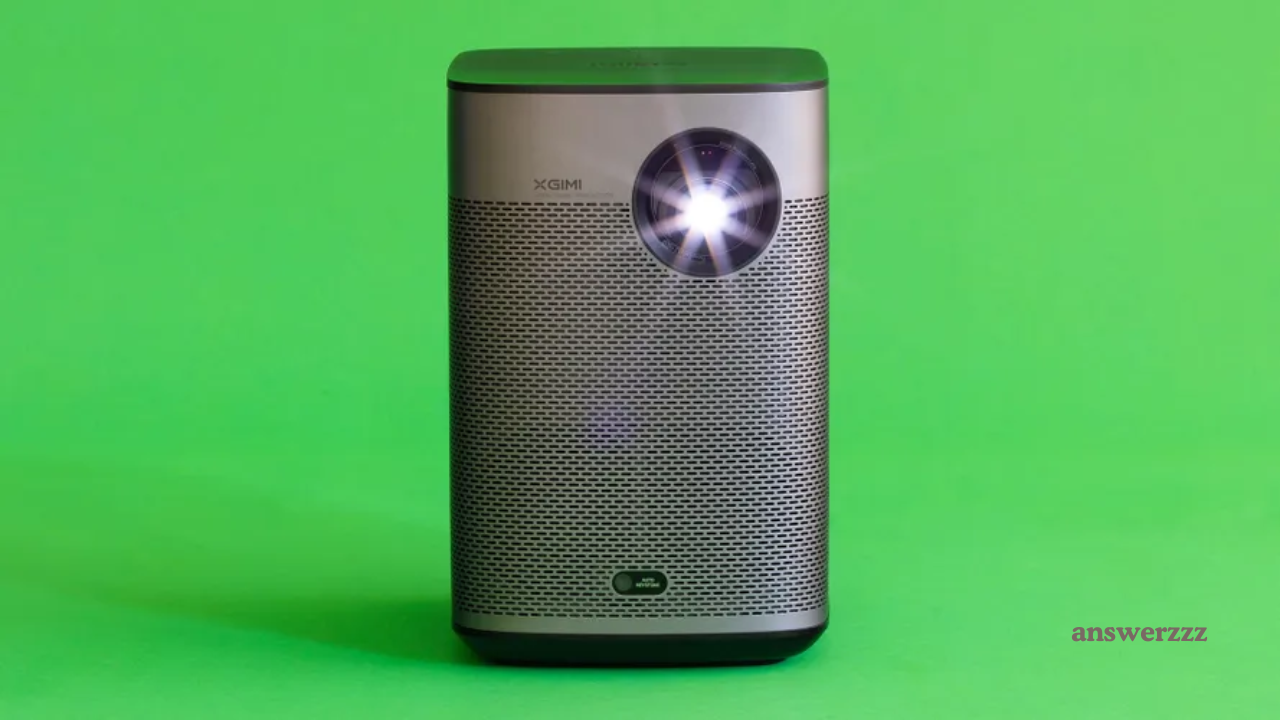In recent years, the technological landscape has witnessed groundbreaking advancements, and one of the most promising fields is quantum computing. As a disruptive force, quantum computing has the potential to revolutionize various sectors, including computing, telecommunications, and artificial intelligence. This article delves into the transformative potential of quantum computing in gadgets, exploring its implications for everyday devices, the challenges it faces, and the future possibilities that await us.
Understanding Quantum Computing

At its core, quantum computing harnesses the principles of quantum mechanics to process information in ways that classical computers cannot. Unlike traditional bits, which can either be 0 or 1, quantum bits (qubits) can exist in multiple states simultaneously. This ability allows quantum computers to perform complex calculations at unprecedented speeds. As researchers continue to develop quantum algorithms and improve qubit stability, the potential applications in consumer gadgets are becoming increasingly apparent.
The Future of Gadgets Powered by Quantum Computing
1. Quantum-Enhanced Smartphones
One of the most immediate impacts of quantum computing could be seen in smartphones. Future smartphones equipped with quantum processors could offer enhanced security features through quantum encryption. This would make them virtually immune to hacking attempts, as the principles of quantum mechanics ensure that any attempt to intercept the information would alter the data itself, alerting users to potential breaches.
Moreover, quantum computing can significantly improve data processing speeds, allowing smartphones to run more complex applications seamlessly. This could lead to a new generation of applications that utilize machine learning and artificial intelligence, making smartphones smarter and more intuitive.
2. Quantum Computing in Wearables
Wearable technology, such as smartwatches and fitness trackers, stands to benefit greatly from quantum advancements. With quantum computing, wearables could analyze health data in real-time, providing users with personalized insights and recommendations based on their unique biometric data. This level of analysis could lead to significant improvements in health monitoring, enabling early detection of potential health issues.
Furthermore, quantum-enabled wearables could enhance connectivity and data synchronization between devices. This seamless integration could facilitate the creation of a cohesive ecosystem, where devices communicate and share information effortlessly.
3. Revolutionizing Smart Home Devices
The proliferation of smart home technology has transformed the way we interact with our living spaces. Quantum computing could further enhance the capabilities of smart home devices. For instance, quantum algorithms could optimize energy consumption by analyzing usage patterns and adjusting settings accordingly, resulting in more efficient energy management.
Additionally, quantum computing could enable advanced security systems that use quantum encryption to safeguard homes from unauthorized access. This would not only provide peace of mind to homeowners but also protect sensitive information shared across smart devices.
4. Advancements in Gaming and Virtual Reality
The gaming industry is constantly seeking new ways to enhance user experience, and quantum computing could play a crucial role in this endeavour. With its unparalleled processing power, quantum computing could facilitate the development of highly realistic virtual environments. Gamers could experience lifelike graphics and physics simulations, taking immersion to a whole new level.
Moreover, quantum computing can improve artificial intelligence in games, enabling non-playable characters (NPCs) to learn and adapt to players’ strategies in real time. This dynamic interaction could lead to a more engaging and challenging gaming experience, setting a new standard for the industry.
Challenges Facing Quantum Computing in Gadgets
Despite its immense potential, several challenges must be addressed before quantum computing can be fully integrated into consumer gadgets. One of the primary hurdles is the stability and error rates of qubits. Quantum systems are sensitive to environmental factors, leading to decoherence, which can result in erroneous calculations. Researchers are actively working on error correction techniques and more stable qubit designs to mitigate these issues.
Additionally, there is a significant challenge in developing suitable hardware that can support quantum processors in compact form factors suitable for consumer devices. The current quantum systems often require extensive cooling and isolation from external interference, making them impractical for everyday use.
The Road Ahead: Collaborations and Innovations
The future of quantum computing in gadgets relies heavily on collaboration between tech companies, research institutions, and governments. By pooling resources and expertise, stakeholders can accelerate the development of quantum technologies and explore innovative applications in consumer electronics.
Many major tech companies are already investing heavily in quantum research. For instance, Google, IBM, and Microsoft have established quantum computing labs to explore practical applications. Additionally, startups are emerging with novel approaches to quantum computing, creating a vibrant ecosystem that encourages innovation.
As quantum computing continues to evolve, we may witness breakthroughs that could lead to the miniaturization of quantum processors, making them suitable for integration into everyday gadgets. The convergence of quantum computing and other emerging technologies, such as artificial intelligence and the Internet of Things (IoT), holds the potential to create a new era of smart, interconnected devices.
The potential of quantum computing in gadgets is vast and exciting. As we stand on the brink of a technological revolution, the integration of quantum principles into consumer devices promises to redefine our interaction with technology. From enhanced smartphones and wearables to smarter homes and immersive gaming experiences, the possibilities are limitless. However, addressing the current challenges and fostering collaboration within the industry will be essential to realize this potential. As research continues and innovations emerge, we can look forward to a future where quantum computing enhances our everyday lives, making gadgets more powerful, secure, and intelligent than ever before.





